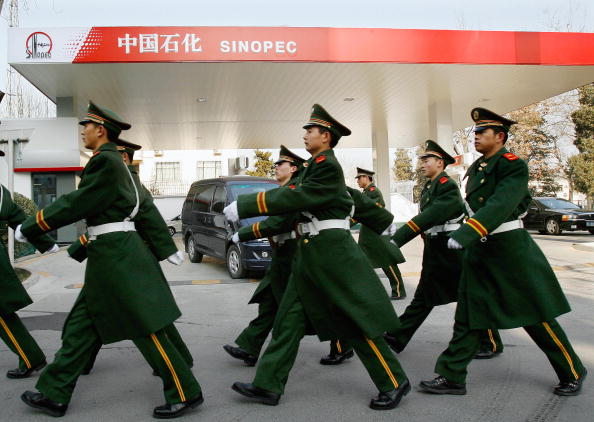Prime Minister Harper’s February trip to China was portrayed as an attempt to promote Canadian oil sales, especially after the failure of TransCanada’s Keystone XL pipeline project that sought to gain rapid environmental approval in the United States.
After Nebraska farmers and environmentalists voiced concern about risks to the Ogallala Aquifer, a democratic government delayed approval until environmental assessments could be completed. For Canada, Enbridge’s proposed Northern Gateway Pipeline, which would ship crude oil to Kitimat, British Columbia, for shipment to China, was suddenly endorsed as a new alternative.
Certainly, Harper’s challenge is not to sell oil. The Chinese, like the Americans, need a steady supply of oil to fuel their economic growth. They do not need to be convinced so by visiting politicians, as if Harper were peddling snake oil rather than petroleum.
China’s recent entry into the oil sands, although unprecedented in Canadian history, is done according to Canadian law. And Harper’s legislative agenda may give China’s state-run oil companies an even stronger presence in Canada. Harper thus needs to sell his radical plans for Canada’s oil sands to Canadians.
The auction of Canadian oil assets to China began under Harper’s watch. In the eight largest energy deals of 2010 and 2011, China invested $16 billion in the industry. The most significant deal happened when Chinese state-owned Sinopec purchased outright Daylight Energy for $2.2 billion in December 2011.
Sinopec also contributed in 2011 to a consortium that provided over $100 million of upfront financing to Enbridge for the Northern Gateway Pipeline. And Sinopec owns a 9.3 percent stake in Syncrude.
With all of these investments, China has already become a major player in the oil fields, in ways consistent with Canadian law.


